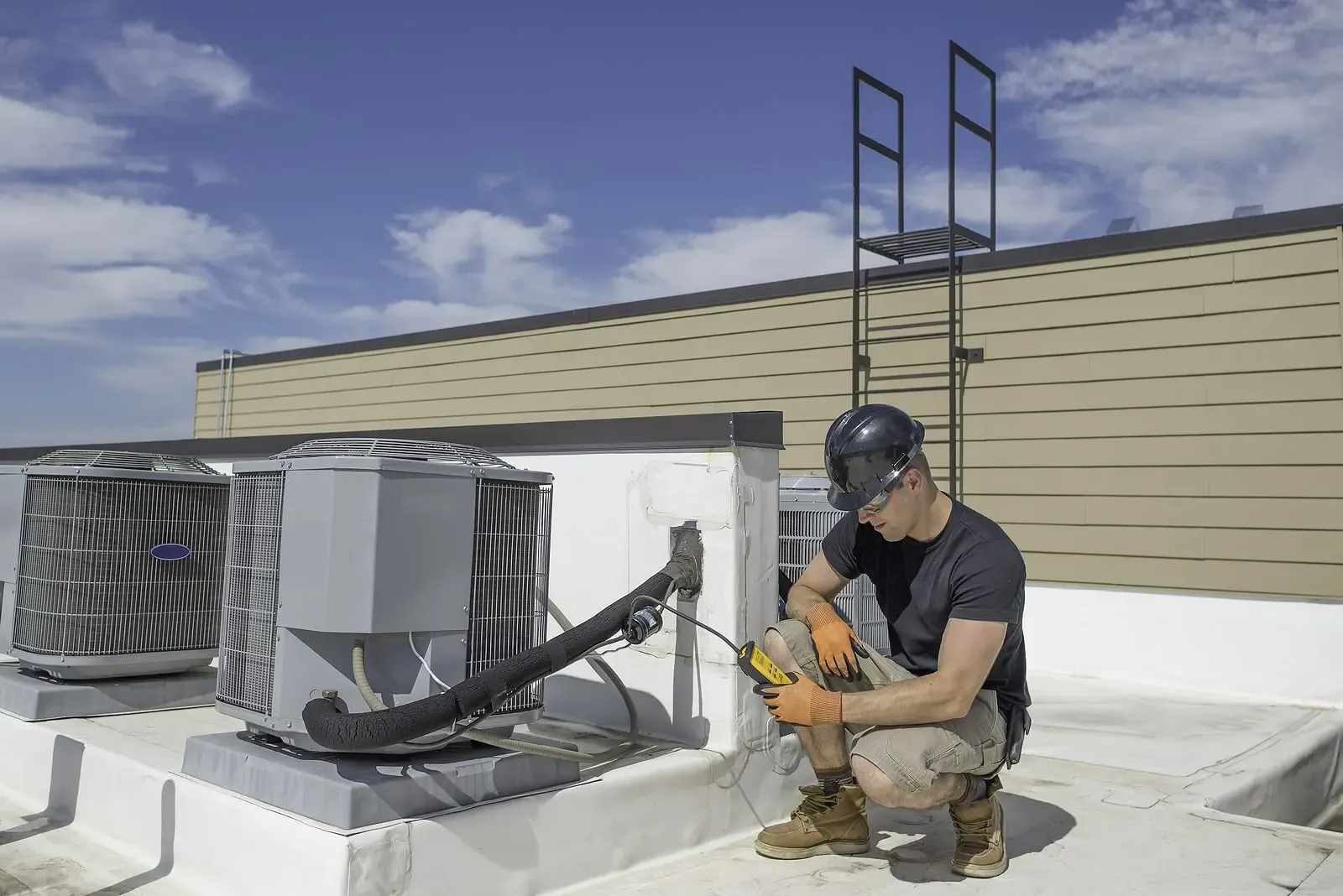
Ensuring comfort in a commercial space is crucial for both employee productivity and customer satisfaction. One of the key factors in achieving this comfort is an efficiently operating HVAC system. Optimizing your commercial HVAC system not only improves the indoor environment but also reduces energy costs and extends the lifespan of the equipment.
Assessing Your HVAC System’s Performance
The first step in optimization is to assess your current HVAC system’s performance. Regularly inspect the system for any signs of wear and tear, such as unusual noises, inconsistent temperatures, or higher-than-normal energy bills. These could indicate that your system is not operating at its full potential. Scheduling routine maintenance with a qualified HVAC technician can help identify and address these issues before they become major problems.
Implementing Zoning Systems
Zoning systems are a great way to enhance comfort in different areas of your commercial space. By dividing the building into zones, you can control the temperature in each area independently. This ensures that rooms with varying needs, such as conference rooms, server rooms, and open office spaces, all maintain optimal conditions without wasting energy. Zoning not only improves comfort but also leads to significant energy savings.
Upgrading to Programmable Thermostats
Programmable thermostats are an excellent tool for optimizing your commercial HVAC system. They allow you to set different temperatures for different times of the day, ensuring that the HVAC system runs efficiently when the building is occupied and conserves energy during off-hours. Some advanced thermostats even offer remote control via smartphone apps, giving you the flexibility to adjust settings from anywhere.
Regularly Changing Air Filters
Air filters play a crucial role in maintaining good indoor air quality and system efficiency. Dirty or clogged filters can restrict airflow, causing the system to work harder to maintain the desired temperature. This not only reduces comfort but also increases energy consumption and can lead to system breakdowns. Make sure to change air filters regularly, especially in high-traffic areas or during peak usage seasons.
Conducting Energy Audits
An energy audit can provide valuable insights into your HVAC system’s performance and identify areas where you can improve efficiency. During an audit, a professional will evaluate your building’s energy usage, inspect the HVAC system, and recommend improvements. These might include upgrading insulation, sealing ducts, or installing energy-efficient equipment.
Considering System Upgrades
If your HVAC system is outdated, it might be time to consider an upgrade. Newer systems are designed with energy efficiency in mind and often come with features that allow for better control and monitoring. Investing in a modern HVAC system can lead to long-term savings and improved comfort for your building’s occupants.
Conclusion
Optimizing your commercial HVAC system is key to maintaining a comfortable and productive environment. By assessing your system’s performance, implementing zoning, using programmable thermostats, changing air filters regularly, and considering upgrades, you can ensure your system operates efficiently. For professional assistance with optimizing your commercial HVAC system, consider reaching out to a trusted HVAC provider in Florida today.